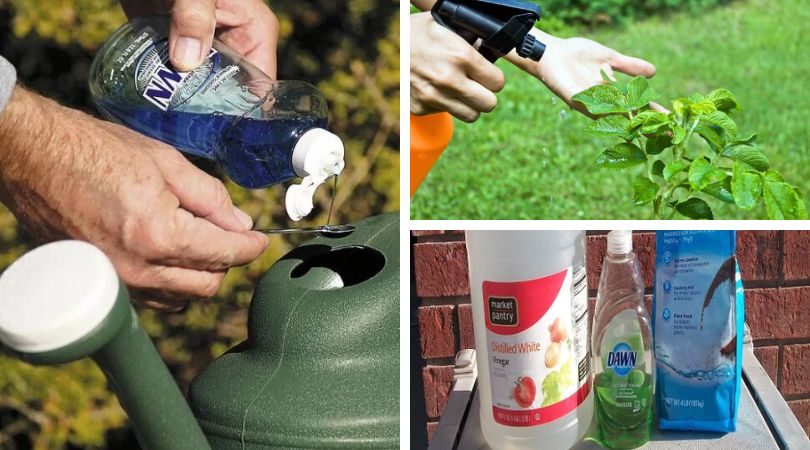Check out these top Dawn Dish Soap Gardening Uses to maintain your plants healthily and fruitful.
Dawn dish soap is sometimes referred to as the “duct tape of the kitchen,” but that’s an understatement. You can put this potent liquid detergent to work in your garden in dozens of different ways. If you’re curious about these Dawn Dish Soap Uses in the Garden, you can find out for yourself by reading on.
Gardening Uses for Dawn Dish Soap
1. Poison Ivy Killer
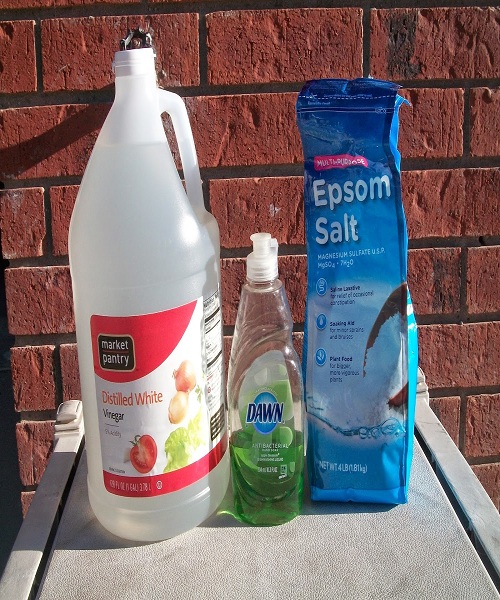
Make a poison ivy killer spray by combining 1 gallon white vinegar, 3 tablespoons of Dawn Dish soap, and 1 cup of salt in an empty spray bottle. Spray the poison ivy plant with this solution, which has been poured into a spray bottle for ease of application.
2. Weed Killer
To maintain your garden free of weeds, use this simple hack: Make a solution of dawn dish detergent and water to get rid of those unwanted plants. 2-3 teaspoons Dawn Dish soap and 1 cup of salt are all you’ll need. Spray the weeds with the solution in a clean bottle when no rain is expected.
3. Clean Garden Tools
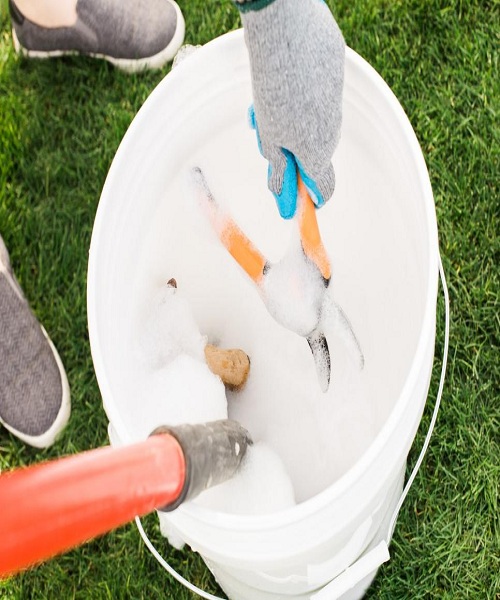
To ensure that your gardening equipment survives as long as possible, it must be cleaned properly after each use. Add half a cup of dawn dish soap to a bucket full of water, mix the solution, and soak the tools for an hour. Rinse them with water, then wipe them down with a clean cloth after using a brush to scrub them.
4. Get Rid of Ants
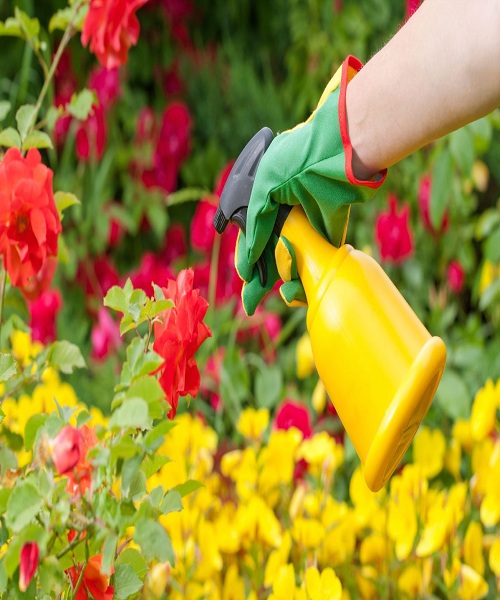
With just 2 teaspoons of dawn dish detergent and water, you can get rid of the ants in your yard in no time at all. A spray container should be filled with the blend prior to use. Insecticide can be sprayed on ants and their nests and trails.
5. Keep Pests Out of Your Garden
Making a solution of 1 teaspoon dawn dish soap and 1 gallon of water in the same proportions will help keep garden pests at bay. Spray the afflicted region with the combined mixture after shaking the bottle. Make sure to repeat the procedure every 7 to 14 days.
6. Remove Tree Sap
Gardeners frequently come into contact with tree sap while cutting or camping in the woods. Dish soap, such as Dawn, works well for removing sticky sap from your hands. Dawn liquid soap can be applied to your palm before scrubbing and rinsing with water.
7. Treat Nasty Rash
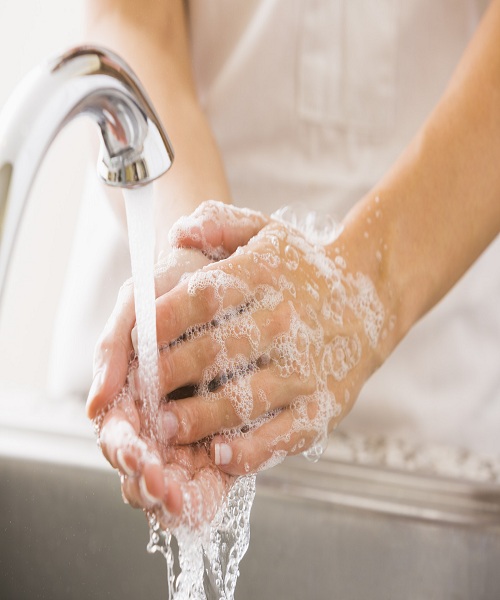
Dawn dish soap will help break down the oil that causes skin rashes if you’ve gotten into contact with poison ivy or any other plant and have rashes.
Wipe clean the damaged area with a damp sponge, then rinse thoroughly with tap water and apply a few drops of dawn liquid soap.
8. Fruit Fly Trap
It is possible to get rid of pesky fruit flies by mixing white or apple cider vinegar with 2-3 drops of dawn dish soap solution. Place it in areas where fruit flies are a problem and stir it vigorously. Due to the vinegar, the flies will flock to the bowl and drown.
9. Pet Flea Killer
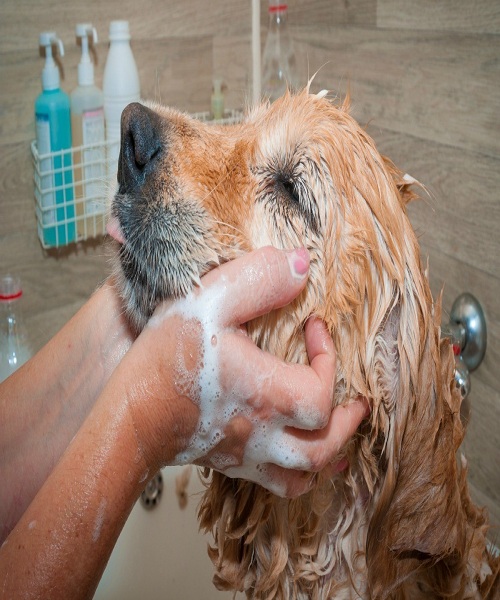
Instead of spending money on pricey dog shampoos, try using a mix of dawn dish soap and water. It will remove dirt and fleas from your pet’s coat, as well as sanitize the skin.
10. Most Powerful Natural Pesticide
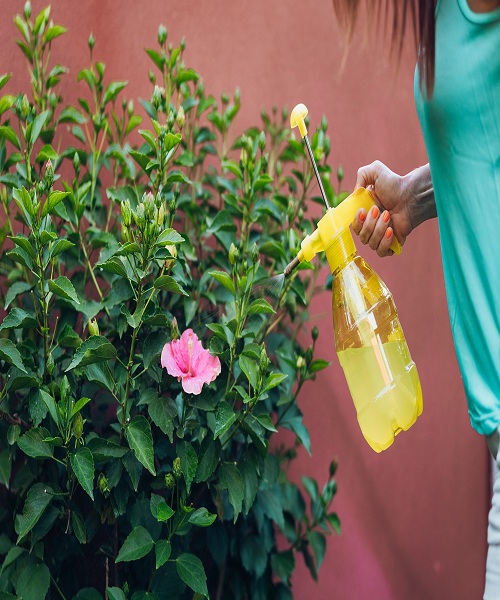
Neem seeds contain Neem oil, a naturally occurring insecticide. It contains no chemicals and has no negative effects on the human body. Your plants can benefit from it! Because it doesn’t dissolve in water, there is an issue. Using dawn dish soap (or any other liquid soap) as an emulsifier is required to distribute it in water.
A gallon of water should be filled with dawn dish soap and Neem oil. Spray the damaged plants with the solution after shaking it thoroughly. Repeat this process every week until the infestation is gone.
It is necessary to shake the solution every 4-5 minutes because Neem oil tends to separate from water even when it is used in conjunction with soap.
11. Eliminate Aphids and Other Insects from Plants
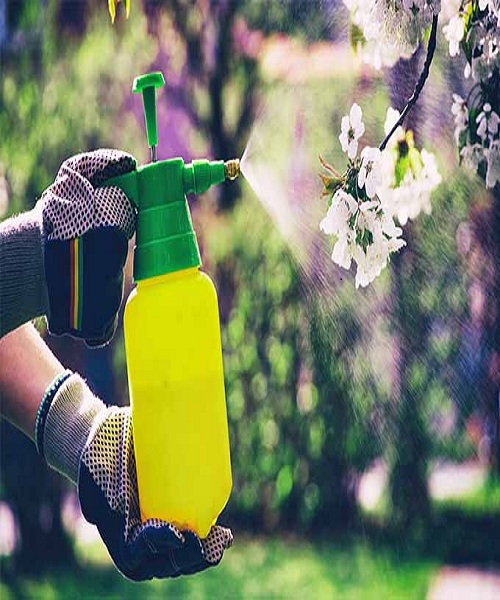
Mix 1 to 1.5 teaspoons of dawn dish soap with a gallon of water and put the mixture in a spray bottle to use as a cleaning solution. The undersides of leaves and buds, in particular, should be treated with this solution. The pests will be deterred by the treatment, but the plants will be unaffected by it.
12. Wetting Hydrophobic Soil
Fill a can with 10 parts water, and 1 part Dawn dish soap, then slowly pour the solution on top of the hydrophobic soil.
Dry soil’s surface tension is known to be broken by the detergent, allowing water to be absorbed. The hydrophobic condition can be treated using this method again if it returns.
13. Clean Your Hands of All Paint and Grease
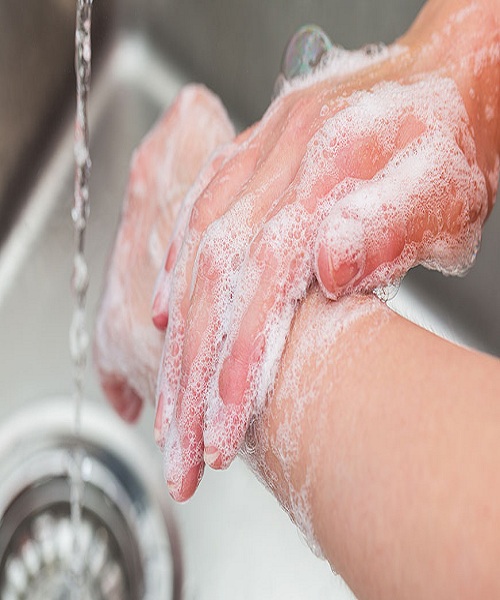
After a gardening or painting job, your hands may be covered in dirt, grease, or paint, making it tough to remove. Rub the afflicted areas with a mixture of dawn dish soap and corn oil. Your skin will be softer after using this solution to remove the grease and paint.
14. Low-Cost and Effective De-Icer for Sidewalks
If you try to walk on the ice outside your door and in your garden, you could get hurt. If you don’t have access to sidewalk salt, you can substitute dawn dish soap.
To de-ice icy steps, simply combine one teaspoon dawn dish soap with one tablespoon rubbing alcohol in a half-gallon of warm water. The ice will not be able to thaw quickly once you use this treatment.
15. Stain Remover For Driveways
In order to erase any remaining gasoline or oil stains from your driveway, sprinkle non-clumping kitty litter and Dawn dish soap with warm water. Dish soap can be squirted directly on a small patch and allowed to sit for an hour before cleaning.
Don’t Skip Reading This
Dawn dish soap can protect your plants from pests, but it can also harm them. This may seem conflicting, but it is true. The leaves of your delicate plants can be burned if you use too much of it dissolved in water. You can make it function by following these steps:
- One teaspoon will do for a gallon of water. Concentration can be harmful rather than beneficial.
- It’s a good idea to start with a solution that’s half-and-half dish soap and any other vegetable oil in one gallon of water. If you choose, you can add an additional 2 teaspoons of salt.
- Testing your dawn dish soap solution before using it liberally is recommended because many plants are sensitive.
- Mist a few leaves that you know you’ll be able to find afterwards. If you don’t witness any burning or curling of the tested leaves in the next 24 to 48 hours, you’re good to go!

